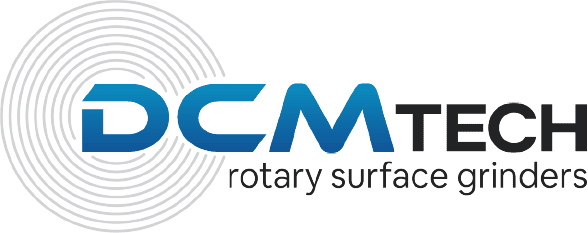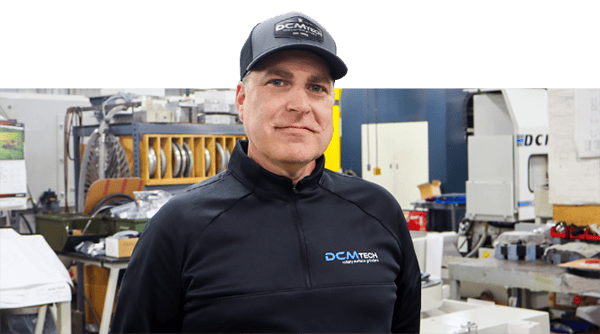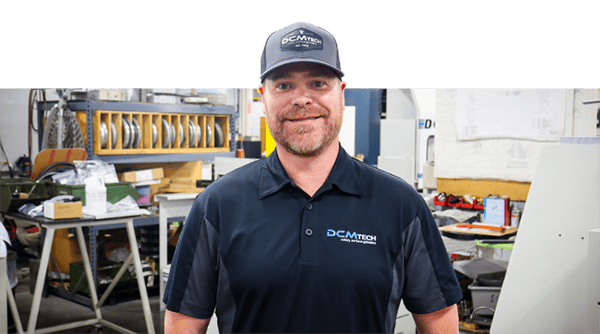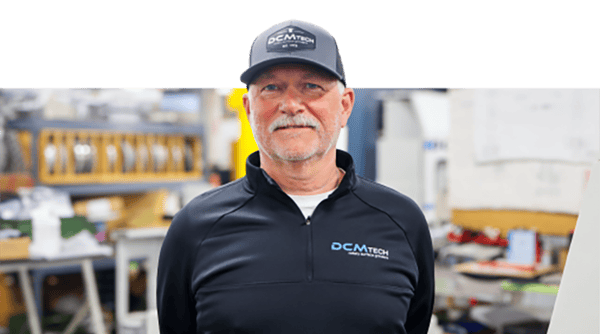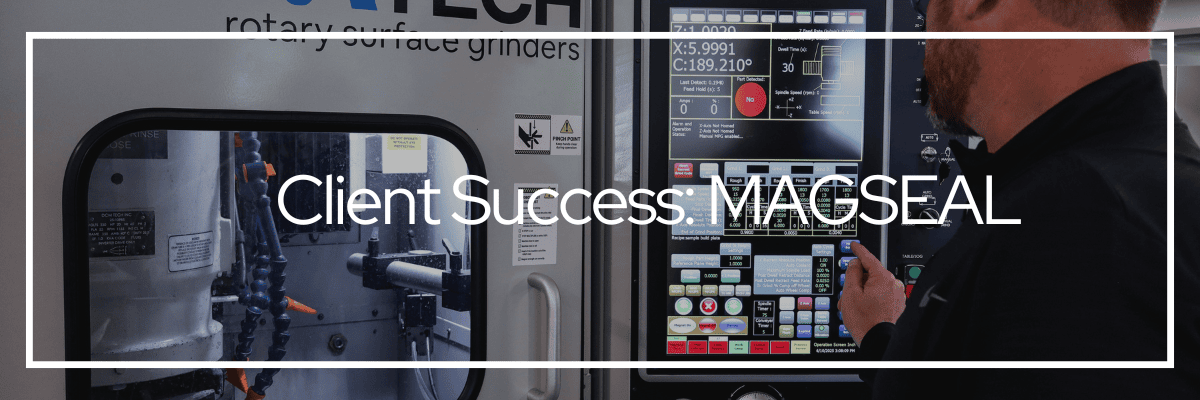
Founded in 1954 by George E. Colby and Robert L. Stevenson, who patented the first magnetically energized rotary seals, MAGSEAL, a Ducommun Incorporated Company, continues to utilize their magnetic seal technology in advanced power systems applied in aerospace, high-precision applications, and other industries.
1. Product:
Magnetic seals make up 85% of this business. Virtually all seal products that MAGSEAL manufactures are shaft-centric in purpose and customized to customer’s needs no matter the industry or application. Magnetic seals are an alternative to other types of seals such as lip seals (aka radial shaft seals), labyrinth seals, mechanical face seals, as well as energized mechanical seals using conventional springs.
Pressure against the sealed surface near (or a part of) a rotating shaft does not always stay consistent, which drives customers to investigate magnetic seal options. MAGSEALS are better-suited to handle vibrations created from high RPMs, meaning the seal will perform in nearly any conditions. The benefits of a magnetic seal vary in comparison to the other seal options depending on the application or use. In almost every application, they are a superior seal due to multiple factors: no anomalies in the seal surface, ability to fit into a small, compressed spaces, capability to withstand a variation of low or high face pressures (as well as reverse pressures), and ability to hold the seal in high vibration environmental conditions.
2. Challenge:
MAGSEAL has historically utilized slow, old, conventional reciprocating surface grinders to grind both their magnet seals as well as the corresponding carbon graphite seal case. This company has a focused goal: to increase their manufacturing capacity to meet existing and future projected customer demand. By increasing capacity while simultaneously improving process efficiency, they would not only be able to improve their own bottom line but also increase their ability to exceed customer expectations.
MAGSEAL’s magnets must be precisely ground in flatness and parallelism to achieve an effective, tight seal. The magnets also require a specific surface finish. Some seals need to hold tight in circumstances where shafts are rotating at more than 40,000 RPMs, so if the seal is not perfectly parallel, the whole system is thrown off, which can create leaks and dangerous conditions.
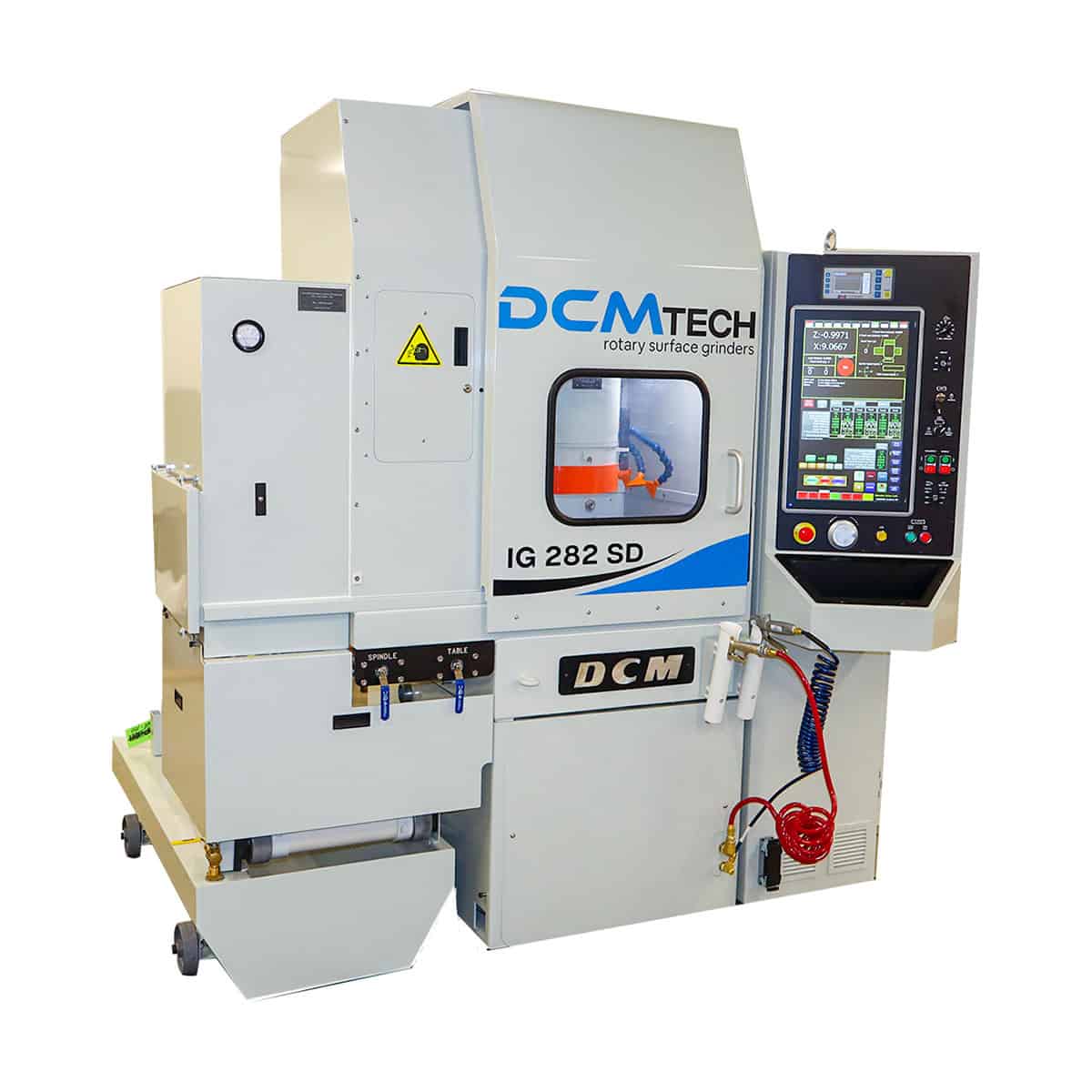
3. Solution:
While MAGSEAL purchased its’ first DCM grinder in 2006 and has a number of machines already in their production lines for the majority of MAGSEAL’s components (such as the seal cases for magnetic seals and spring seals), they made the determination to upgrade to a DCM IG282 grinder to grind the magnet seals themselves.
Because they already own DCM grinders, they knew that moving their magnets to rotary surface grinders would result in time and efficiency gains while still achieving the same precision and surface finish as the old conventional grinders.
According to MAGSEAL, the DCM consistently delivers an exact level of flatness and parallelism. Both are critically important when the seal is held in a shaft at high rotating speeds, due to the significant resulting vibrations. Although there may be other OEM grinders capable of achieving the same performance requirements, MAGSEAL has found that none have performed as fast as the DCM grinder. The wide RPM range for the wheel on a DCM grinder, as well as the ability to control down feed and table feed, is more precise and accurate than anything else MAGSEAL has researched.
4. Impact:
MAGSEAL proudly advised that they are seeing a significant increase in manufacturing capacity. Specifically, grind time has been reduced by over 300% using the DCM grinders. They are now able to grind to more than 1,500 magnets per week.
Investing in DCM grinders has also resulted in reduced set up time and loading/unloading time. MAGSEAL noted their appreciation of the functionality of the machine, reducing the skillset that machine operators need, as well as reducing the amount of training required to get operators up and running. They furthermore commented that the safety features such as the door interlocks and fully enclosed shroud make the production area much cleaner and safer for their employees.
Conclusion:
In summary, DCM grinders have been proven to meet and exceed expectations by continuing to deliver consistent, high-quality grind finishes while simultaneously achieving MAGSEAL’s objectives of increasing their manufacturing capacity and improving efficiency in production processes. This results in reducing MAGSEAL’s overall production costs and ultimately enhances their own customers’ satisfaction.
Contact DCM Tech now to ask questions about our machines, receive a quote, send in samples of your material for a free sample grind, and more. The DCM Technical Specialists and Engineering Team are here to help show you how adding precision equipment to your shop can make your process more efficient, cleaner, and equipped with the newest technology in grinding.
See which Technical Specialist serves your region below.
